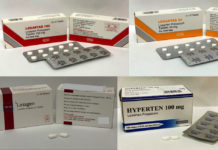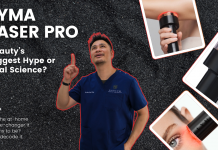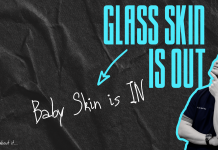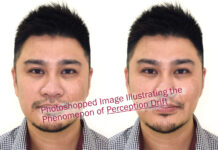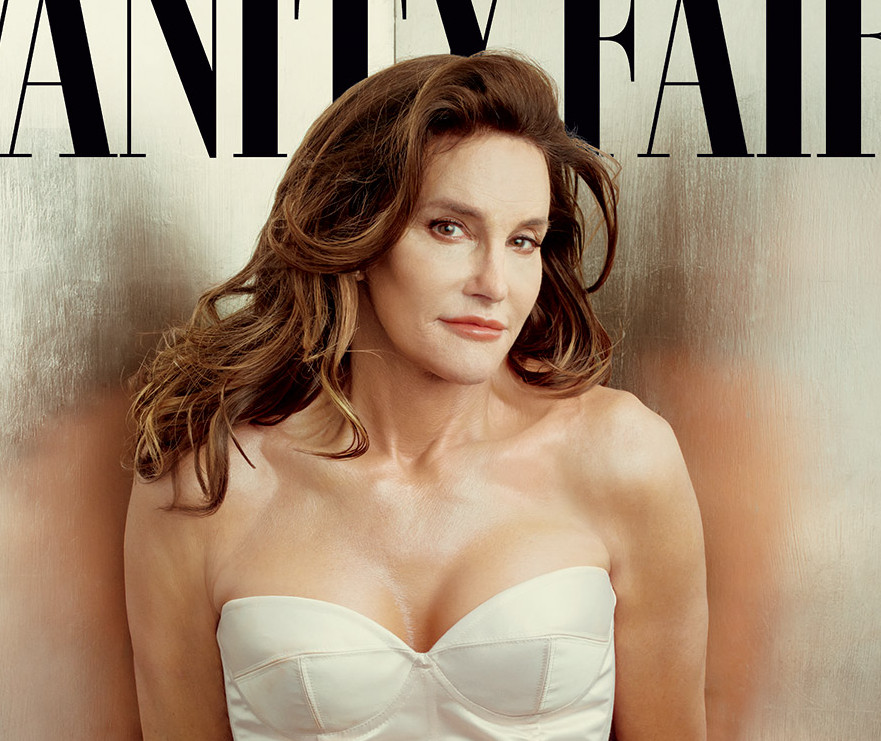
The world applauded Bruce/Caitlyn Jenner’s transformation last week from man to woman. At 65, Caitlyn shows us that it is never too late to be yourself.
“If I was lying on my deathbed and I had kept this secret and never did anything about it, I would be lying there saying, ‘You just blew your entire life…You never dealt with yourself,’ and I don’t want that to happen.” ~ Caitlyn Jenner in her Vanity Fair Jul 2015 Interview
Bruce’s facial features did not change overnight. It was the result of steps to feminize his face over time. Broadly speaking, there are certain characteristics associated with a feminine face: these are from the influence of estrogen, the female hormone. Despite being highly evolved, man’s primal instincts still remain when looking for a partner: we desire to find a mate who is fertile, and who can produce healthy children. A woman with more estrogen, and more estrogenised features, would suggest that she is more capable of child bearing, and hence, will be more attractive to us.
Often, this forms the basis of aesthetic treatments. Botox and fillers change how the face looks, feminizing it and making it look more youthful. Conversely, there are also the pitfalls when treating men. We want to avoid making a man look more like a woman, unless they are undergoing gender reassignment, of course.
Some changes which Bruce Jenner went through, to make himself look more feminine include:

1. More Arched Eyebrows
The high arch of the female brow frames the eyes, to make it look bigger and brighter. Instinctively, we know this – that is why women tweeze or tattoo their brows to make it look higher. When the eyebrows are shaped to right porportions, it makes a woman look more feminine. Too much, however, and it makes someone look surprised, or angry all the time.
Shaping the Brows:
The eyebrows can be subtly shaped with Botox. By rebalancing the muscles around the eyes, we can adjust the angle of the arch, or height of the brow. Fillers, injected in the area of the brows, also help to lift the arch of the eyebrows, giving it more shape and definition. If there is a lot of eyelid drooping, or more dramatic changes are desired, a surgical browlift will be required.
A beautiful eyebrow frames the eyes, and follows the golden ratios in its height, the arch, and its relation to the eyes:

2. Slimmer Jawline
Men have a heavier lower face than women, to give a more square shaped face. This is due to a larger mandible, and larger masseters (the muscles of chewing). A “heart-shaped” face, on the other hand, is more feminine, and associated with youthfulness.

Getting a Slimmer Jaw:
Botox Jaw Shaping works very well for reducing the jaw size, especially if the massester muscles are enlarged. Jaw reduction surgery is the other option. However, this is a major surgery, with significant downtime.
3. Higher Cheekbones, Fuller Cheeks
Higher cheekbones feminize a face. In addition fuller cheeks are associated with youthfulness. The high cheekbones, together with the slimmer jawline, give the characteristic “heart-shaped” or “V-shaped” face so sought after by Korean celebrities.

Fillers for Feminine Cheeks:
Without a doubt, Fillers are the best way to achieve a more youthful, feminine midface. Fillers can sculpt the cheekbones to make them look higher, and also increase the cheek volume. The “apple-cheeks” so sought after by Korean girls can easily be recreated with a volumising filler like Emervel Volume.
4. Fuller, More Defined Lips
Beautiful, feminine lips are well defined, hydrated, have enough volume and are upturned. The upper lip is thinner than the lower lip, again in accordance to the Golden Ratio. And once again, more feminine lips can be achieved with Hyaluronic Acid fillers, such as Emervel Lip.

Comprehensive knowledge of the characteristics of a male and female face is especially important in aesthetic practitioners, who are tasked with sculpting our patients’ faces make them more masculine, feminine, or beautiful, depending on the situation. The last thing we want to do, is to make a man look more feminine, or vice versa – something we see all too often, in people who have undergone injectable treatments.





